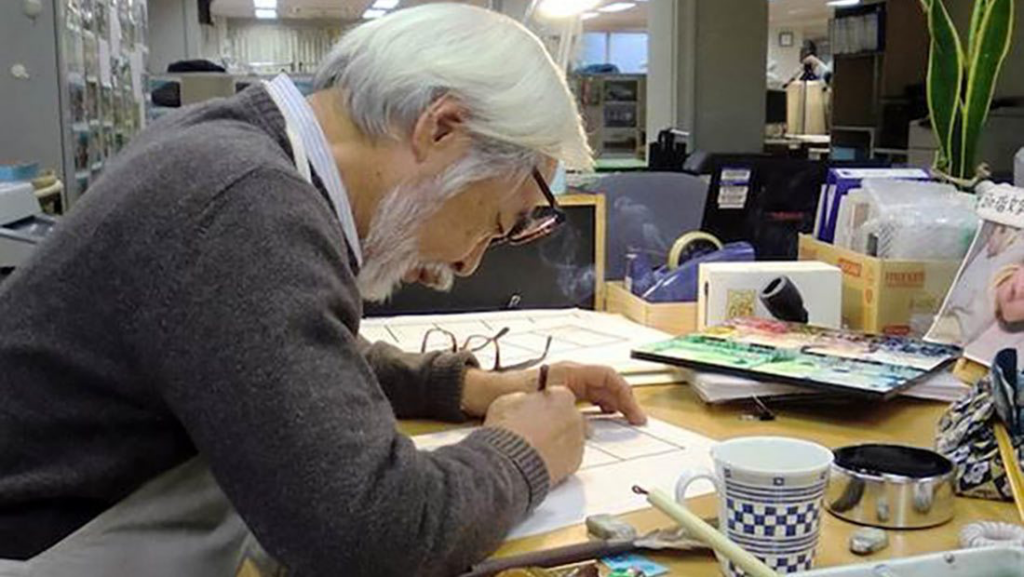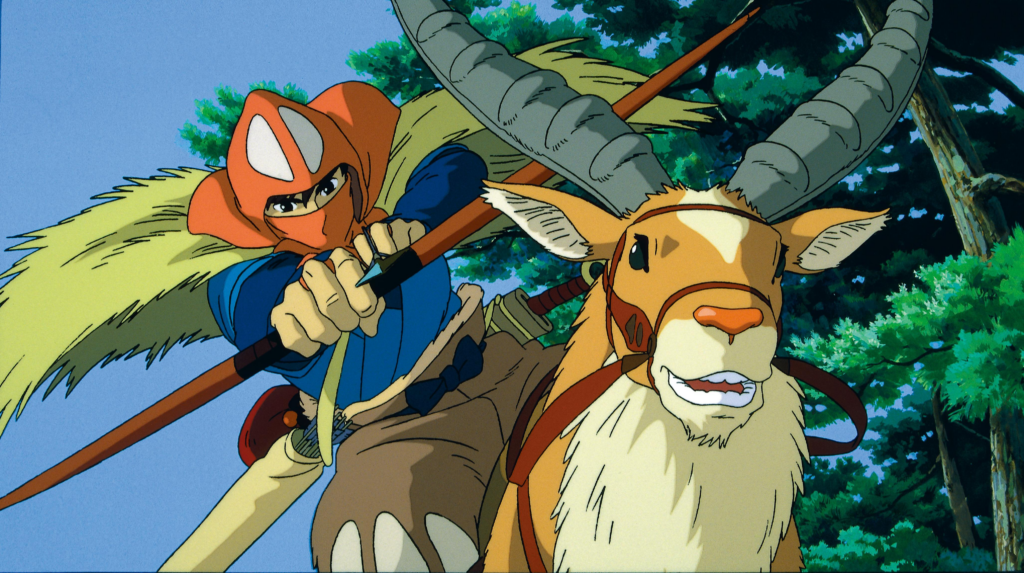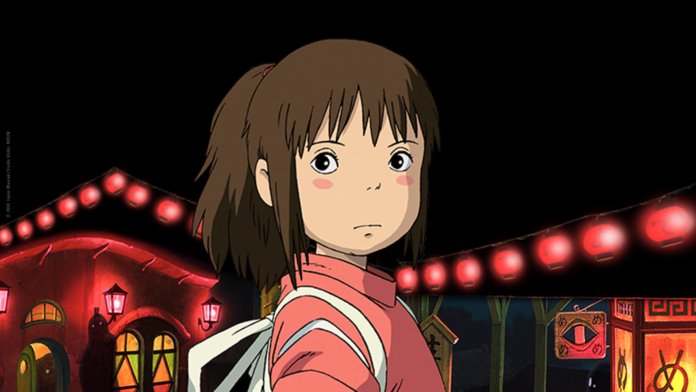This post may contain affiliate links, which earn us commission. Learn more.
Lately, AI-generated Studio Ghibli-style portraits have taken over social media. With tools like ChatGPT and other image generators, people are transforming their cats, their kids, even their favorite memes into whimsical illustrations that look straight out of Spirited Away or Howl’s Moving Castle. It’s a trend that taps into our love for that iconic, dreamy Ghibli aesthetic—but it also stirs up a fair amount of controversy.

On one hand, these images are fun tributes. I will admit that before I even considered the implications, I hopped on ChatGPT and generated a bit of Ghibli-style art and shared it on social media. The details AI had picked up on and turned into an “illustration” were pretty incredible.
Later, realizing that this wasn’t a tribute but more of a smack in the face of Miyazaki’s life’s work, I went back and deleted the image. On the one hand, you can say that was an appropriate response or you could call it an overreaction. After all no one’s pretending these are real Ghibli-made images. But the problem lies in how they’re made. Most AI models are trained on massive datasets that may include copyrighted materials—including, allegedly, Studio Ghibli’s work. If that’s true, it raises serious ethical and legal concerns. Are these AI models creating original art, or are they just remixing stolen pixels?

Hayao Miyazaki himself has made his feelings about AI pretty clear. In a 2016 documentary, after being shown a grotesque animation created by an AI, he responded: “I am utterly disgusted. I strongly feel this is an insult to life itself.” He’s never minced words when it comes to the soullessness he sees in machine-made art. And given the deeply human, emotionally resonant storytelling he’s known for, it’s easy to understand why.
But here’s where it gets tricky: AI’s ability to imitate isn’t that different from what human artists do. For decades, aspiring animators have studied Ghibli films frame by frame, trying to understand the magic behind Miyazaki’s style. AI models are doing the same thing, just faster and at scale. Whether that process is fair—or even legal—is an open question. Can a “style” be intellectual property? Is emulating a style with a machine different from doing it by hand?
So far, the legal system hasn’t fully caught up. Copyright law tends to protect specific works, not general styles. That may change. But for now, AI can produce Ghibli-style images without technically breaking the law. Ethically, though, it’s still murky.
Then there’s the bigger picture: AI is starting to challenge not just how we make art, but who gets to make it. Over the last century, machines have increasingly replaced physical labor. Now, they’re creeping into the creative world, making illustrations, writing stories, even composing music. A robot assembling a car is one thing. But AI generating poetry or painting in the style of a beloved artist hits differently. Creativity is supposed to be human—an expression of our lived experience. Can a machine ever truly replicate that?
Even if it can, should it?

Ultimately, no AI can replace Miyazaki. His films are masterpieces not because of how they look, but because of how they feel. They reflect a deeply personal worldview. AI may imitate the brushstrokes, but it can’t replicate the soul, unique characters, or the stories that tie them together.
I remember renting Princess Mononoke from the library in the late 90s, not knowing anything about it. It was like nothing I had ever experienced. Several years later I would watch Spirited Away with its epic scale, sometimes quiet beauty and haunting sound track. I was hooked.
So no, we won’t be trading Princess Mononoke for an AI portrait or sad Miyazaki-style animation anytime soon. But we should keep asking the hard questions—because the line between tribute and theft, inspiration and imitation, is only getting blurrier.
And unlike Miyazaki who’s retired a half a dozen times now but keeps making movies, read our story about how George RR Martin will probably never finish A Song of Ice and Fire Series.




